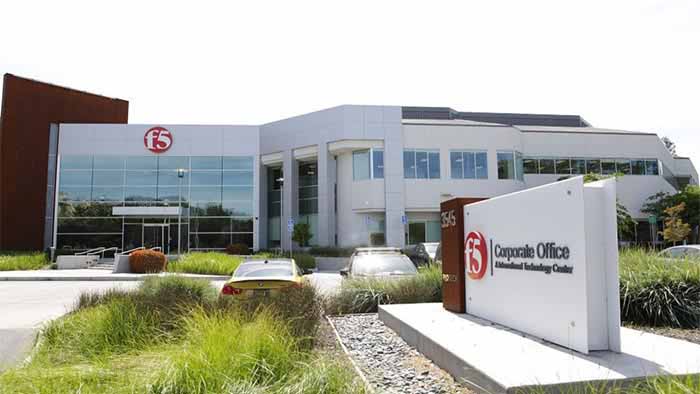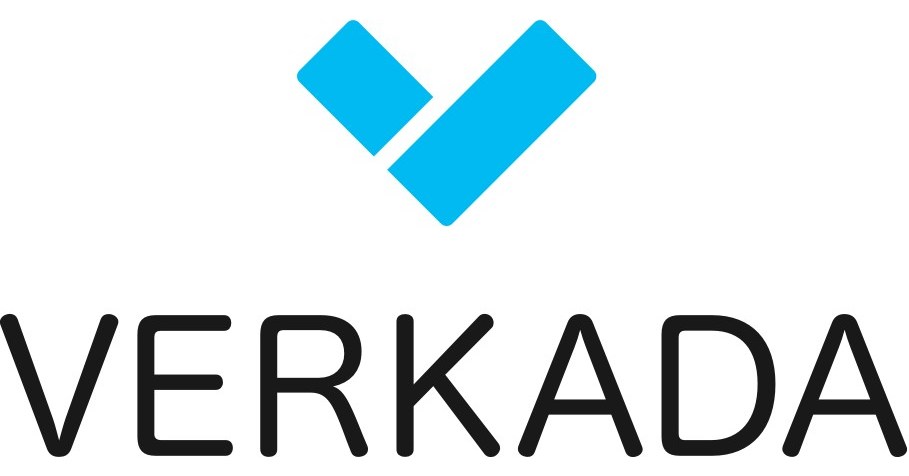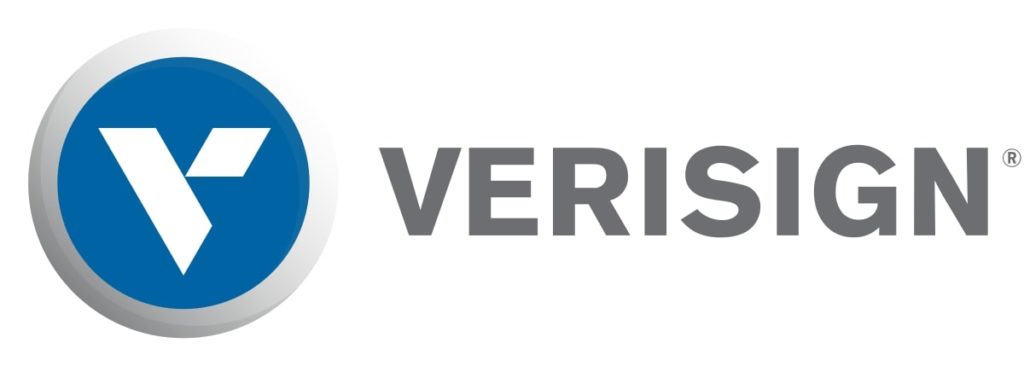Jeffrey S. Hussey, An Investment Banker Behind The Idea Of Foundation Of F5 Inc.
F5 Inc is an American software company that was established in 1996. The company was originally founded as F5 Labs and formerly branded as F5 Networks Inc. The main solutions offered by F5 Inc include application security, online fraud prevention, application delivery networking (ADN), multi-cloud management, network security, and many more. The headquarters of the company is based in Seattle, Washington, US. Apart from the headquarters, the company has 75 offices in 43 countries. Apart from the development of main software products, these offices are built to support marketing, sales, support, etc, especially on the international markets. Apart from America, F5 has a strong market in Europe.
About F5 Inc
F5 Inc was originally a provider of application delivery controller (ADC) technology. Eventually, the company expanded to other related sectors like automation and security services. F5 has landed some of the biggest tech companies in the world as its clients like Microsoft, Oracle, Tesla, and Meta. It also serves many companies from the Fortune 1000 companies and 48 out of Fortune 50 are also clients of F5 Inc. Apart from North America and Europe, F5 is also expanding its market to the Asia-Pacific region. F5 has also made a few significant acquisitions in the last few years. They include NGINX Inc for $670 million, Shape Security Inc for $1 billion, Volterra Inc for $500 million, and Threat Stack Inc for $68 million.

History
The original brain behind the foundation of F5 Inc was an investment banker, Jeffrey S. Hussey. After he passed out from the University of Washington, he opened his business in Seattle. At the time when he opened his business in Seattle, that place was the hotspot for all types of IT activities, and his idea revolved around assisting businesses to help with internet traffic. When Hussey started the company, there was no initial product that he had in mind but he relied on the potential of the new economy that was to be formed with the rapid expansion of an internet-based world. After the company was established in 1995, he became the CEO, President, and Chairman of the company and started hiring employees. It took one year to build a product to market and then finally in 1997 the company was ready to roll out BIG/ip Controller.
Expansion
It was only a few months that F5 Inc rolled out its first product in the market that it came under the radar of its gigantic competitors. Companies like Cisco Systems Nortel Networks Corporation were already big companies but F5 got a foothold in the market and its product was good enough to compete with these tech giants. By the end of FY 1998, F5 generated annual revenue of $4.7 million from a single product. Shortly, the company released another product, 3DNS Controller and after launching these two products F5 Inc planned to go public. In April 1999, after the company changed its name from F5 Labs to F5 Networks it went public. By the time the company entered the 21st century, it landed more than 1,600 customers. There was a big change in the year 2000 as Hussey stepped down as the CEO of the company and his place was taken by John McAdam.
The company faced a decline in its sale and there was a loss of revenue in 2000. So, McAdam’s first priority was to improve the reputation of the company and turn around its fate. After a few years, from the mid-2000s, the company again started making profits and in 2004 its profit gain increased by 705%. In 2017, John McAdam was replaced by François Locoh-Donou and the headquarters shifted to the F5 Tower.
François Locoh-Donou – CEO of F5 Inc
François Locoh-Donou joined F5 Inc in 2017 and he has more than 20 years of experience in enterprise technology. Before joining F5 Inc, he was a part of Ciena and Photonetics, a French company. He also co-founded Cajou Espoir, a social enterprise. Donou completed his undergraduate studies in France and then Stanford Graduate School of Business.

Annasha Dey is an NIT student, who apart from studying engineering is also a content writer. She has a great interest in photography, writing, reading novels, and travelling as well. She is a foodie who loves socializing and hanging out with her friends. She is also a trained Kathak dancer and a big fashion enthusiast. Dey also loves watching TV series, which includes F.R.I.E.N.D.S. and Big Bang Theory. To be a better writer she prefers to read more

